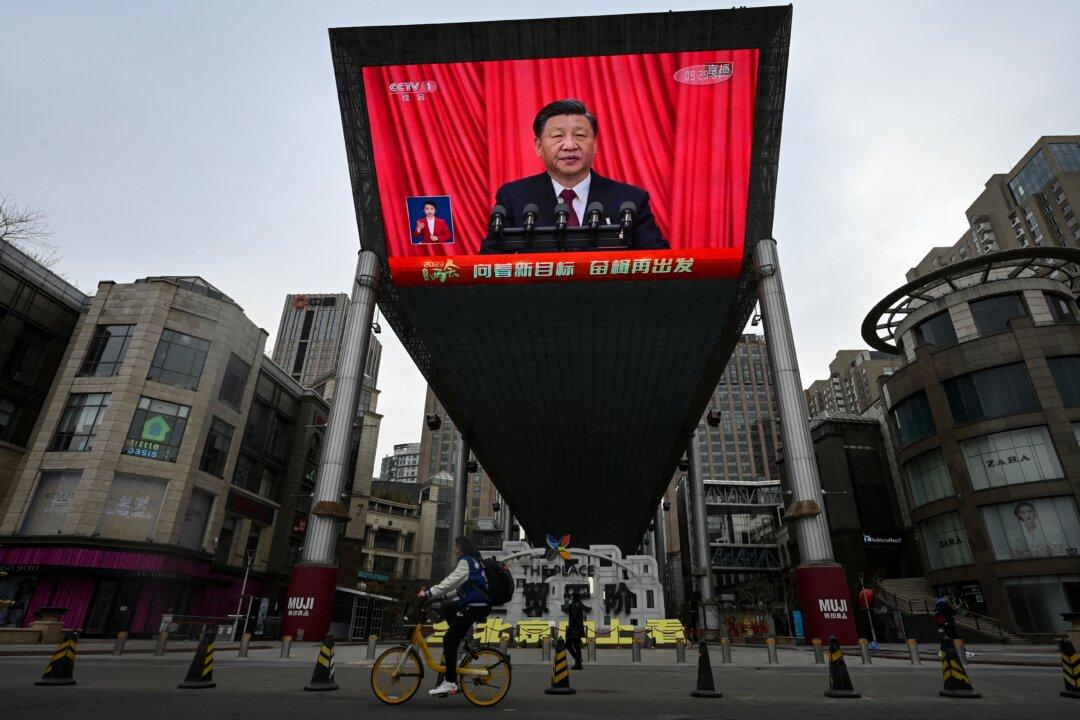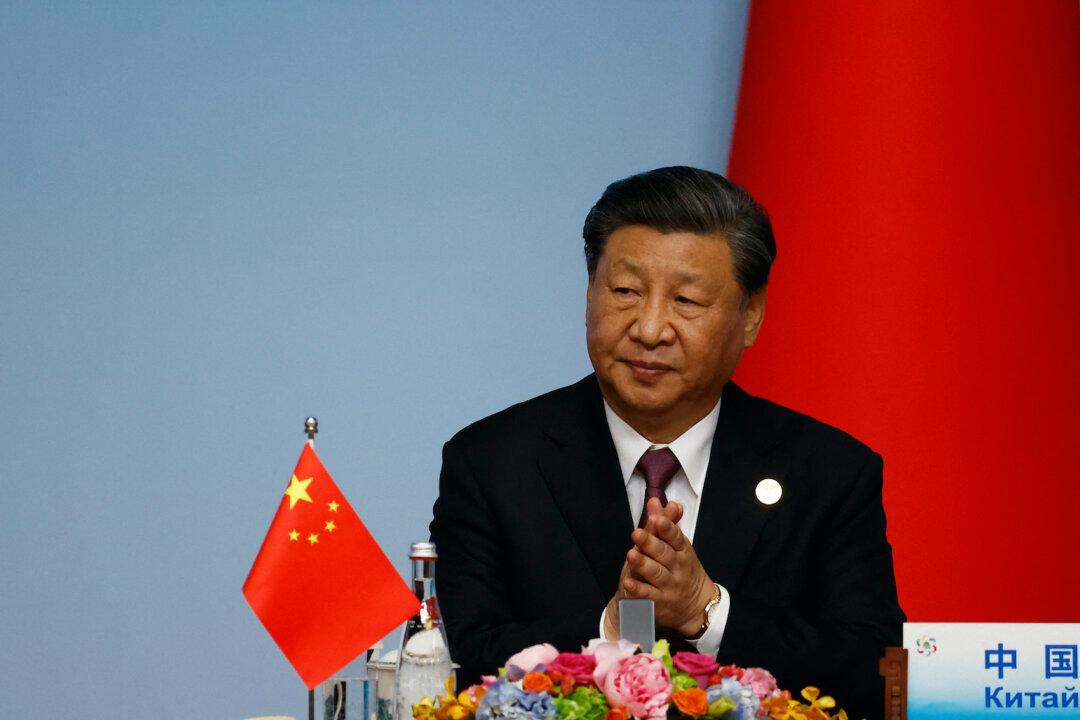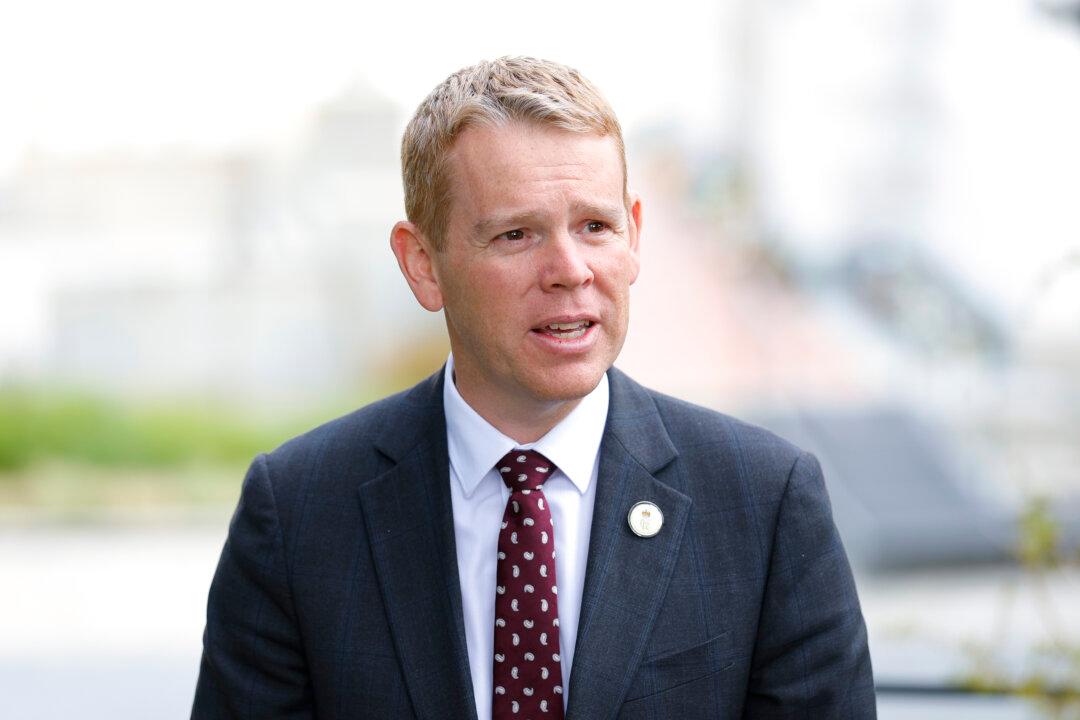Within the power hierarchy of the Chinese Communist Party (CCP), there has always been some who did not become the top party elites via nepotism. Instead, they ascended to the top of the CCP from low civilian positions in regional governments, including former Premier Li Keqiang, Wen Jiabao, and former Vice Premier Wang Yang.
However, such a group of “commoners” only had a fragile grip on power in the CCP and were all forced to retire after the 20th CCP Congress last year. Their retirement has been seen as leader Xi Jinping further consolidating his power within the party.




